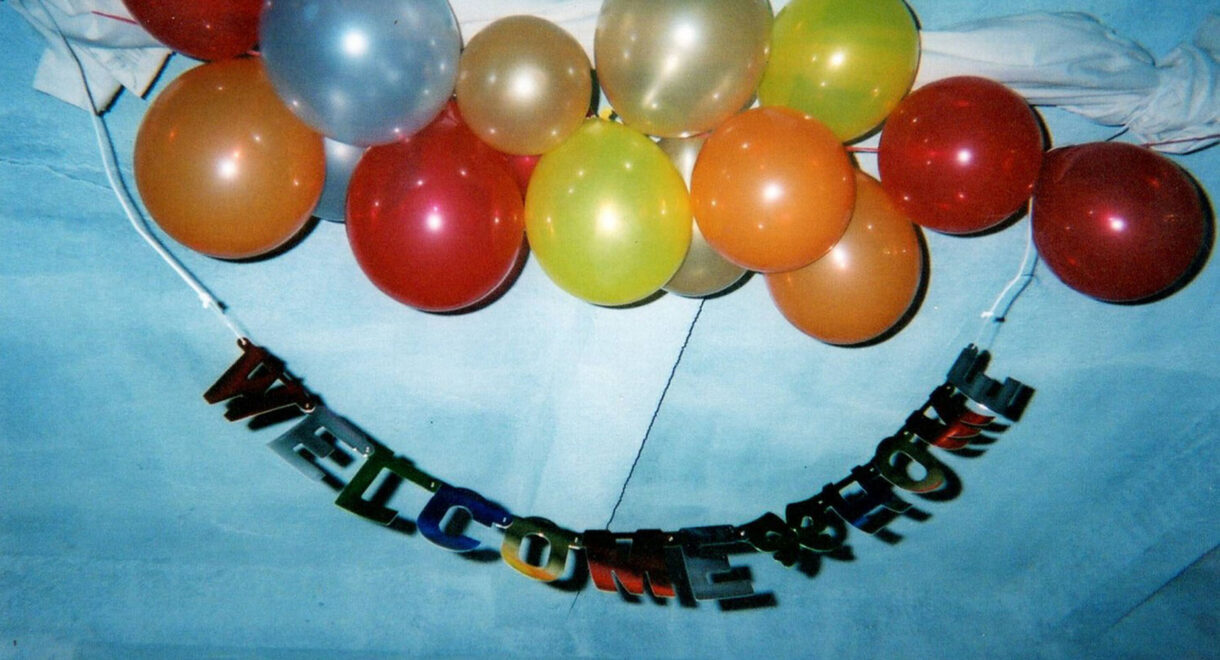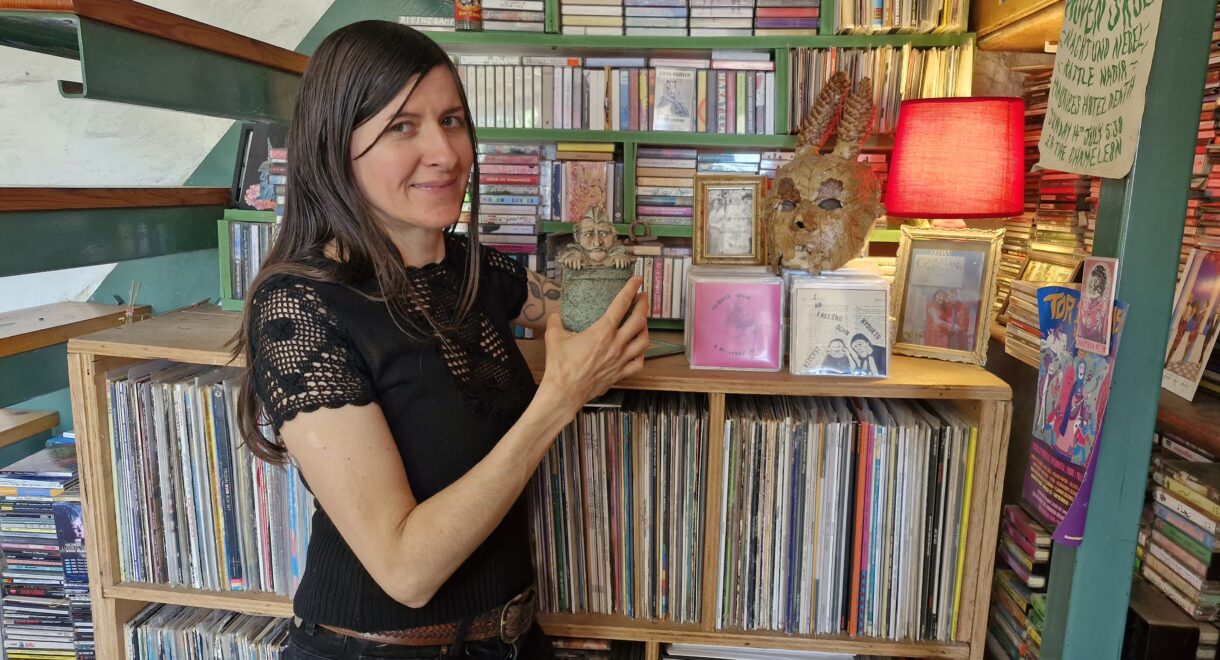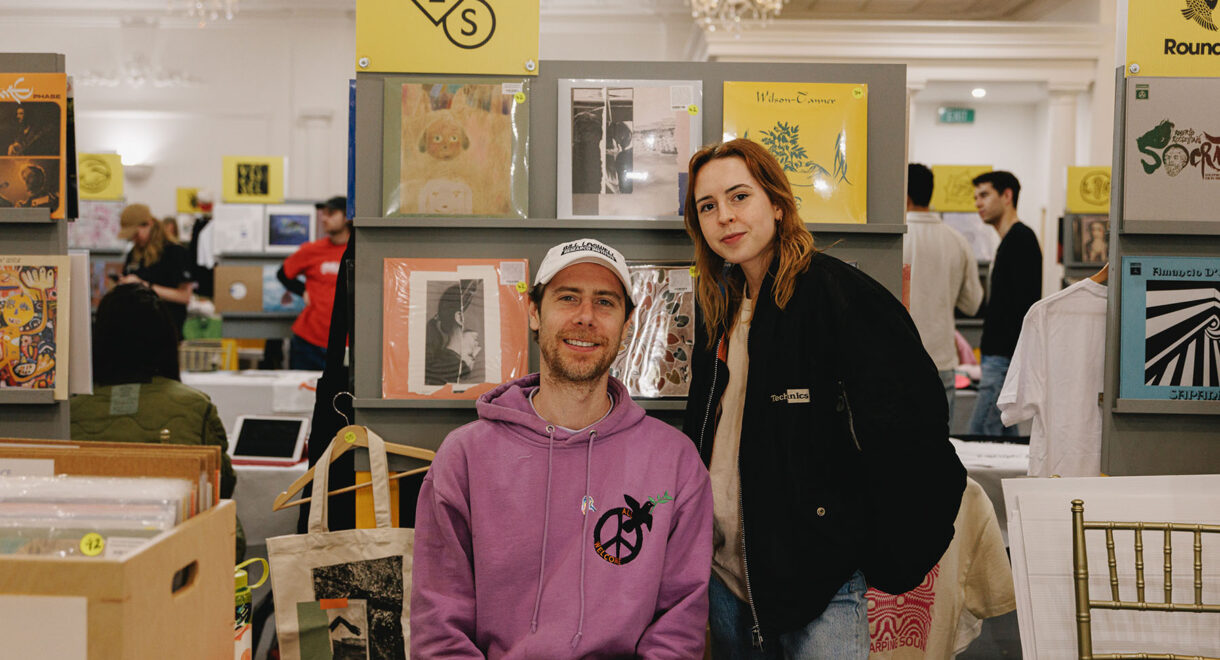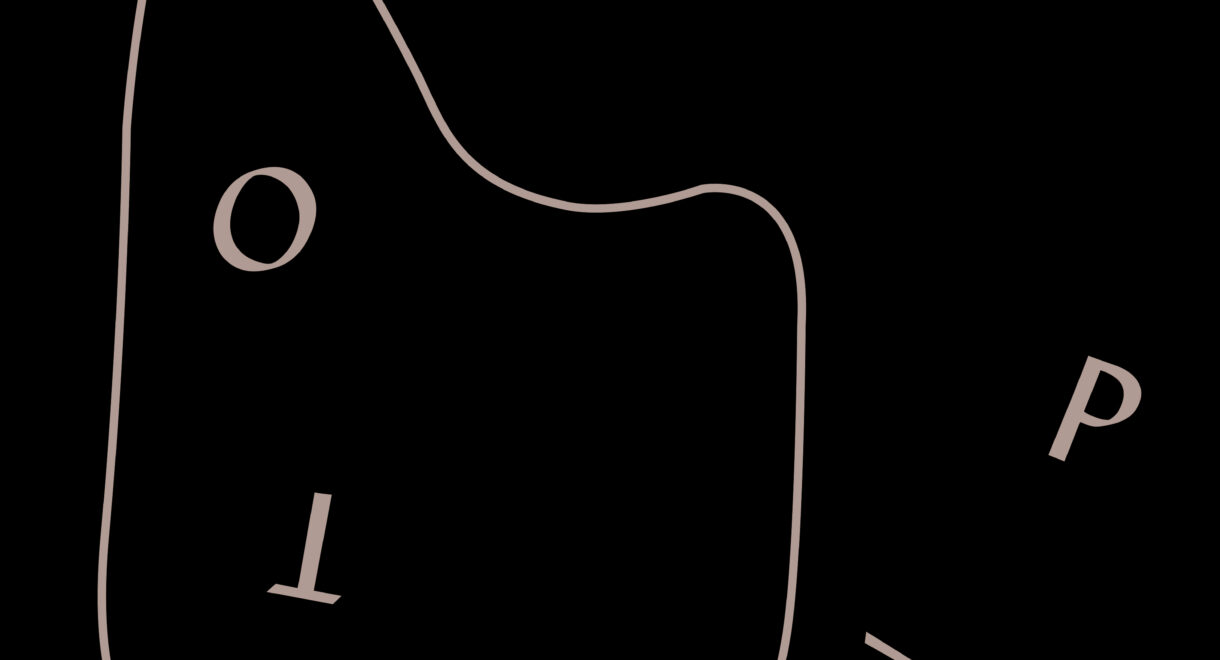Gelareh Khoie shares the story of thirtyninehotel, a legendary nightclub, art gallery, and performance space powered by Klipschorns from David Mancuso’s Prince Street loft parties. Love (Art & […]
Heroes Series 4: Archiving and Assembling with Death is Not the End’s Luke Owen

Derek Piotr speaks to Death is Not the End label boss Luke Owen.
For the fourth edition of our Heroes Series, I sat down with my current partner-in-crime and Death is Not the End label boss Luke Owen. He describes the label as focusing on “gospel, blues, folk, soundsystems, pirate radio + various wormholes.” Luke also runs an NTS radio show of the same name. Luke and I are kindred spirits with an affinity for the dustier corners of archival work, and putting this edition together was a pleasure.
Derek Piotr: Before I'd even approached you to collaborate, I sensed we both shared a similar vision -- your proclivity for curating folk expression from all corners -- everything from Cajun music to Appalachian to pirate radio, and always with a heady friction of voice/noise floor. A lot of other imprints might scrub away some of that artifact and grain, but you celebrate it. Can you talk a little bit about your curation/editing process when you work on a record for release?
Luke Owen: I don’t do much, in all honesty – just bringing the dial up to a consistent level, then beyond that just letting the recordings do their thing, warts and all. Often when editing the pirate radio stuff in particular, I will add more white noise to mimic interference / twisting the dial to aid the transitions between tracks.
Voices are a predominant feature on Death is Not the End, all shapes and shades. Can you talk about your relationship to the human voice?
I guess from a folk music perspective the voice is at the center of everything. It tells the story and the history along with it, and the candid nature of the recordings mean that there is often a full blown conversation being had within a recording. The art of spoken word recordings and its intersection with folk music fascinates me and informs a lot of what I do.
I think many listeners would find that interesting that you'll actually alter the source material to include more noise floor/interference. Is part of your curatorial approach informed by the fetishization of fragment -- in other words, do you find the obscured material to be more of a draw than music without fracture?
That’s only on the pirate radio stuff, where I want to create mixtape-style transitions between tracks that are often just spoken-word – whilst mimicking the white noise/static of adjusting the dial. On everything else, I do as little as possible, really, beyond one or two aesthetic tweaks here and there. Do I find myself more attracted to “flawed” recordings than music without fracture? Absolutely.
Can you talk more about spoken word in a folk context? This is something I adore as well -- plenty of the Lamkin variants feature lengthy segments of spoken word, and a few examples (Nathan Hatt and Bertha Eldred) are actually predominantly conversations between informant and folklorist; with only a fragment of the actual ballad featured. I am of the opinion that folk music should not be pinned in abstraction, but be presented in its organic context as nearly as possible. What approach do you take when confining material to temporality? In other words, where do you cut?
It’s less about the words than the way it reflects the impromptu nature of the recordings, really. It’s literally a conversation. Also, all music, let alone folk music, is inherently of historical and social importance, so it makes complete sense to me that a recording’s age is reflected in its “quality” (or lack of…) and also that it captures a moment in time with a good dose of off-the-cuff verbal discussion/examination of the song and it’s history. Where do you cut? I don’t know, wherever you feel is right, when there’s been enough chatter to put a recording in context without getting too bored? With some of the pirate radio mixtape stuff, I like to present that as the sound of someone cutting between stations on the dial moving with their attention-span.
Derek Piotr is a folklorist, researcher and performer whose work focuses primarily on the human voice. His work covers practices including fieldwork, vocal performance, preservation and autoethnography; and is primarily concerned with tenderness, fragility, beauty and brutality. He has collaborated with artists including Scott Solter, Bobby McMillon and Thomas Brinkmann across various disciplines. His work has been supported by the North Carolina Folklife Institute, The Traditional Song Forum and The Danbury Cultural Commission, and has featured on Death Is Not The End and BBC. He recently launched the Fieldwork Archive.
Luke Owen started Death Is Not In The End in 2014. His NTS radio show of the same name airs on NTS radio.










